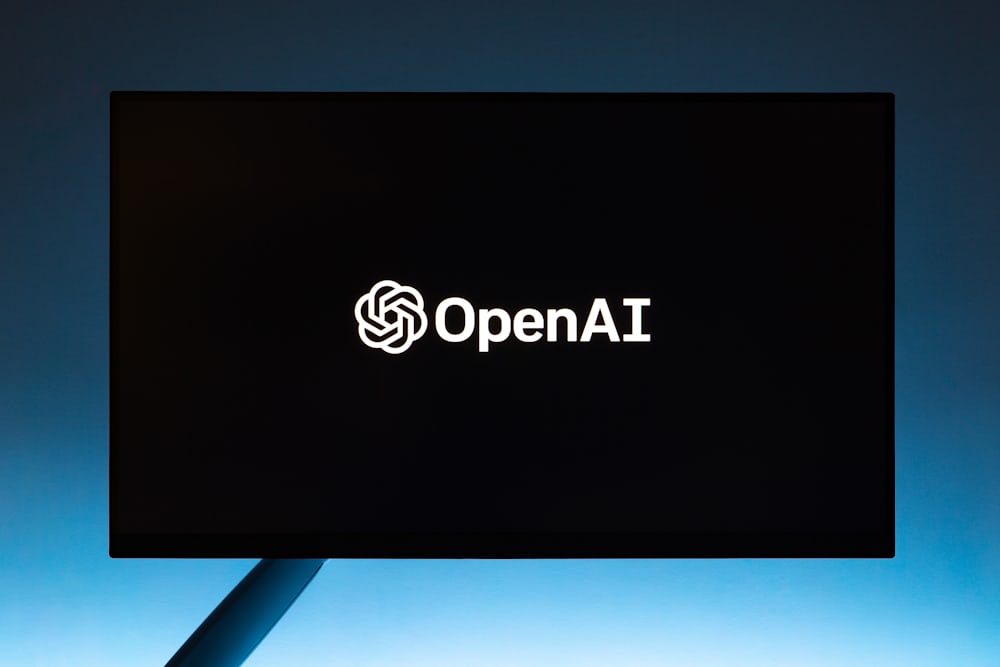
ChatGPT receives new memory and was created by OpenAI, an AI & research company, and was launched in November 2022. ChatGPT is a natural language processing chatbot that functions by generative AI that enables you to converse with it like a human and accomplish a lot more. The AI tool may help you with things like writing emails, articles, and code, as well as provide answers to your questions.
ChatGPT, just like other generative AI chatbots, forgets instructions from earlier sessions and this is one of its annoying features. With every new chat, you must start over and teach it all it needs to know about you, your company, or anything else you want it to know that it can’t learn from its training data or the internet.
However, OpenAI announced that the company is adding a revolutionary memory capability which represents a major advancement in AI chatbot capabilities. With the help of this new feature, ChatGPT can now recall previous conversations and user preferences, resulting in a more consistent and tailored dialogue over time.
This new functionality will be tested on a limited category of ChatGPT Plus (ChatGPT 4) and free users (ChatGPT 3.5) to see how helpful it is.
How The Memory Works
Memory works in one of two ways. You can tell ChatGPT what to specifically remember or simply let it pick up on important details. The more you chat with it, the better it gets at remembering things and tailoring responses to your preferences.
As ChatGPT receives new memory, here are some examples cited in OpenAI blog:
- You’ve explained that you prefer meeting notes to have headlines, bullets and action items summarized at the bottom. ChatGPT remembers this and recaps meetings this way.
- You’ve told ChatGPT you own a neighborhood coffee shop. When brainstorming messaging for a social post celebrating a new location, ChatGPT knows where to start.
- You mention that you have a toddler and that she loves jellyfish. When you ask ChatGPT to help create her birthday card, it suggests a jellyfish wearing a party hat.
- As a kindergarten teacher with 25 students, you prefer 50-minute lessons with follow-up activities. ChatGPT remembers this when helping you create lesson plans.
ChatGPT users can now have conversations that don’t consider past interactions or personal settings. This new “Temporary Chat” feature lets you start fresh with the chatbot, ignoring any saved rules or preferences. This means you can get responses that wouldn’t normally be possible without manually changing your settings each time.
How Will This Upgrade Improve Generative AI
Since ChatGPT receives new memory, longer-term memory in generative AI unlocks a plethora of advancements: These include:
- Enhanced learning: Past interactions become a training dataset, accelerating the AI’s ability to learn and adapt over time.
- Personalized interactions: User-specific data informs the AI about preferences and problem-solving styles, enabling tailor-made responses.
- Improved conversational continuity: Remembering past discussions creates seamless dialogue, eliminating the need for constant reminders.
- Emotional intelligence development: Tracking user responses over time helps the AI recognize and respond to emotional cues, fostering a more natural and engaging interaction.
- Decision-making optimization: Recalling past outcomes allows the AI to predict future results, leading to more informed and effective decisions.
These enhancements pave the way for a deeper human-AI connection, promoting trust and informed decision-making about the future of AI in various fields.
Is There Anything To Worry About?
While AI memory promises advantages, it also raises serious concerns, especially regarding data privacy and security. Since ChatGPT receives new memory, this means that the stored information will be personal, the tool aims to avoid recalling sensitive details like health data unless explicitly requested. Users will also have control over what’s remembered and fed back for training. However, ethical dilemmas remain regarding what AI remembers or forgets, particularly concerning personal information of others.
Additionally, the long-term impact on technology use and potential steps towards AGI need careful consideration. Addressing these issues is crucial as we witness this significant development in AI history, where AI itself might also become a part of this collective memory.